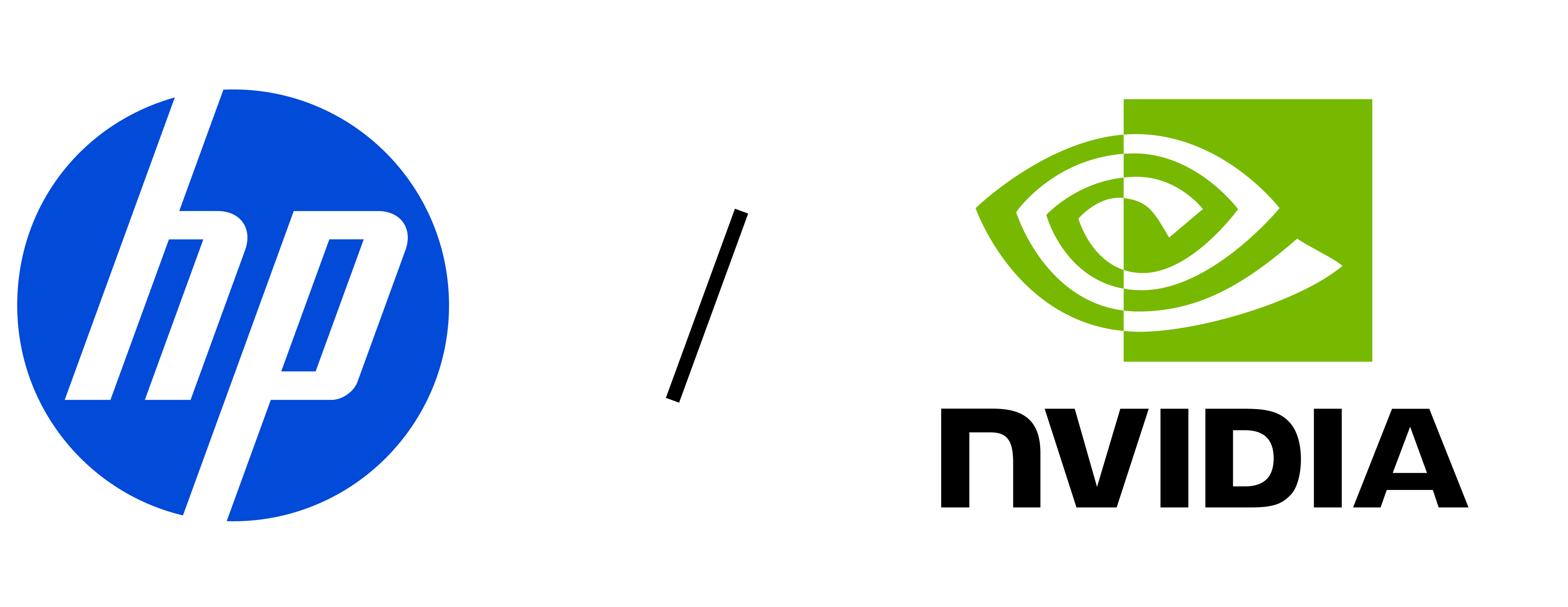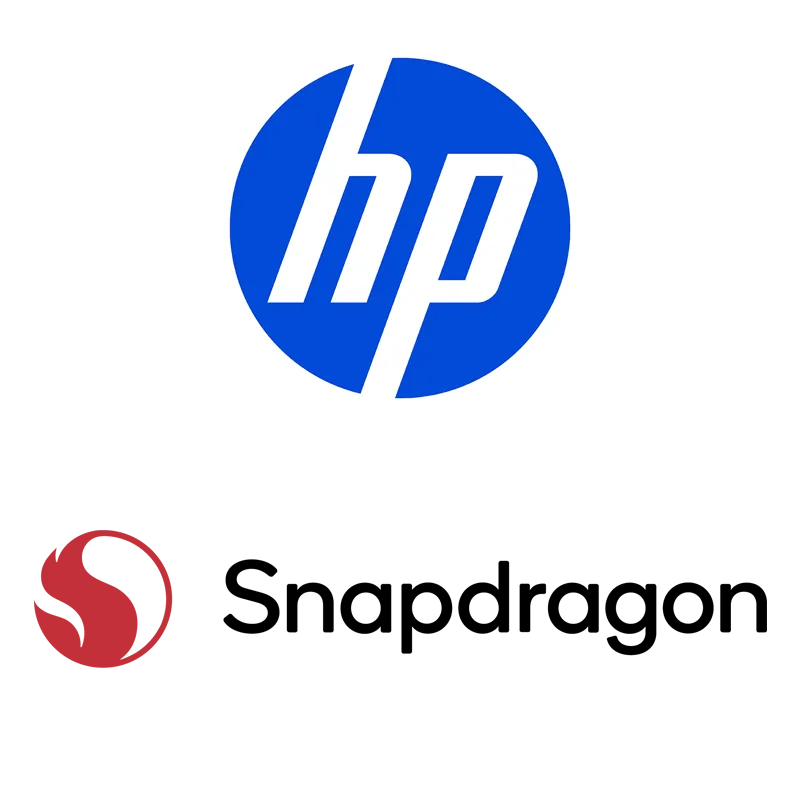In part two of our series on the edtech market and how it has changed as a result of the pandemic, we look at how which part of the sector is spending and where the opportunities lie for partners.
The whole of the education sector is spending money on IT. Exactly how much is being spent by each segment is difficult to ascertain.
The biggest segment of education is what’s broadly referred to as ‘schools’; this essentially means primaries and secondaries, many of which are now organised into Multi-Academy Trusts (MATs). The last available figures from BESA say that there are 32,028 schools in the UK. Of these, 3069 are nurseries or early-learning centres, 20,807 are primary schools, 22 are middle schools and 4190 are secondary schools.
MATs are where two or more schools are organised and run by the same group of managers and administrators. There are 1170 MATs in England, 29 of which have 26 or more schools, 85 with between 12-25 schools, and 259 with have 6-11 schools. The majority – 598 – have five or fewer schools. This number will certainly grow – many secondaries are already part of a MAT, and the government is encouraging further participation.
There are lots of smaller and independent schools and they are looking for local support.
There are far fewer colleges and universities – 381 FE colleges and 142 universities, but proportionally, they spend more on IT. The challenge with universities is that they act very much like large enterprise organisations. Some are huge, with tens of thousands of students, and a staff headcount that runs well into four-figures.
Universities have diverse needs, significant budgets, and are generally quite mature. They also have their own in-house expertise and centralised IT services, although that does not always mean that they are great at running their IT, so there is potential here for MSPs.

The requirements of schools and colleges tend to be more generic. There is a huge variation in scale – small primaries might have only a handful of pupils; large colleges might have many thousands. But they will all need guidance and support on core IT issues, such as infrastructure, remote working, and security.
It’s this broader part of the sector that most reseller businesses should be targeting. With more acceptance of the important role tech can play in education, and the urgent need to equip both schools and pupils with the resources to learn both remotely as well as in the classroom, this is now a more receptive and open audience.
MATs are exciting to work with but, unfortunately, they don’t all work in the same way.
Chris Rothwell, director of education at Microsoft UK, said: ‘There are lots of smaller schools that aren’t Academies and smaller Academy Trusts, and they are looking for local support. That’s a good opportunity for local MSPs to bring schools into the managed services model alongside their commercial customers and act as that trusted advisor for schools.’
Interestingly, while MATs are there to pool resources and take a more centralised approach, the approach they take varies widely, said Softcat’s Rachel Clay. ‘MATs are exciting to work with but, unfortunately, they don’t all work in the same way. One trust will provide governance and guidance and allow schools full autonomy, and others will specify what the learning or collaboration platform should be, or what type of wireless network they should use. Some will provide centralised services and purchasing, and others won’t. There are no hard and fast rules.’
Another point worth being aware of is that universities tend to stick to the suppliers listed on government frameworks for specific needs, such as Microsoft solutions or laptops, while schools are much more open to working with any partner that can help them and want someone to be their trusted advisor.
Rachel Clay, education sales manager at Softcat said: ‘In schools it is done on relationships. A while back, one of my [school] customers told me to stop asking them what they wanted to buy and to start telling them what they should be investing in. They want you to come and tell them what is coming and what’s on the leading edge.’
Many colleges and universities are looking at introducing e-sports courses next year and appropriate tech will be needed to underpin the delivery of these courses
Schools also like references and case studies. If another school is making good use of a solution, the chances are that another would be able to do the same. Getting schools together to share ideas and experiences works well, particularly when there is a focus on specific and currently-relevant areas, such as security and collaboration.
TD SYNNEX plays a role in helping Softcat identify these ideas and technologies that are coming down the line. Working with a whole range of vendors really helps in this respect, and TD SYNNEX can also introduce potential new vendors to the reseller. One area they have been discussing, for example, is e-sports, which is seen as a potential boom area in the education space. Many colleges and universities are looking at introducing e-sports courses next year and appropriate tech will be needed to underpin the delivery of these courses.
Where are the opportunities and how should partners approach schools?
The pandemic has shaken-up the education sector’s approach to IT. Having been forced to switch to home schooling, teachers and schools have now embraced that concept much more. But while they have made great strides with remote learning, they still need to get a lot of the basics sorted out, such as their device estate and the back-room systems.
Chris Rothwell of Microsoft thinks there are several questions partners can effectively pose to schools right now. The first will be to ask them what their plan is with regard to devices and giving all pupils access. ‘One thing we have seen with schools being closed is there is not equity of access to online learning, so how are you supporting children who maybe don’t have access to devices at home. The idea of one-to-one devices for home and in the classroom is a resurgent topic.’
As there is more technology being used, there is more demand for the services that wrap around it.
He sees managed services in general and security services in particular as a big and growing opportunity in education. ‘As there is more technology being used, there is more demand for the services that wrap around it. Things like whether they are properly set-up with Teams, and is it integrated with Active Directory; are they making the most of Classroom Services?
‘With respect to security, the issues and risks have changed over the pandemic, because a lot of schools have gone from having security that centred on the network within the school, to one that needs to be based on identity and devices and defence in depth – and resellers can absolutely help in making sure a robust security posture is in place.’

The view of Softcat’s Rachel Clay is that, fired with fresh enthusiasm for tech, schools will now be more focused on making good use of what they have acquired, paving the way for partners to deliver more services and training on top. ‘Now they have the got the basics done, they are going to focus on using the technology well in the classroom. I think we are going to see a real spike in training and learning on how to use the technology properly through continuous professional development (CPD) days for staff.’
Microsoft’s Chris Rothwell agreed. ‘Staff across the schools, colleges and universities need to be able to make the best possible use of technology both for teaching and learning, and across the school generally.’
He also sees an opportunity in helping schools run their systems and services. Working with them to see where they are with their infrastructure, school information systems, data and analytics, automation, even finance and HR systems. ‘Schools are looking at those systems differently now. They have previously been locked away in a server inside the school and that needs to change. They are also accelerating with their disaster recovery and continuity plans, which in many cases, were shown to have been woefully inadequate.’
It’s a really exciting area to be in because there is still so much that we can change.
Softcat’s Rachel Clay said the conversation with education has changed. Instead of having to sell the idea of using technology, schools want to know what they can do with it. How they can innovate and find new and better ways of working. ‘It has been led by students in the past, and now teachers have really embraced technology much more. It’s a really exciting area to be in because there is still so much that we can change’.
This does means that resellers need to understand more about teaching and learning, and this is something Rachel Clay and her team are working on, even going into schools to shadow teachers and identify where tech can be best put to use.
‘As far as devices are concerned, we will certainly see sustained demand from education this year and next. With only around one third of pupils and students believed to have a device that is permanently available for schoolwork at present, the total available market is seven million units – plus upgrades and refreshes. And where laptops are needed, so are accessories – keyboards, mice, LFDs, desk locks, carry bags, USB sticks, cables, WiFi extenders and more. Everything that’s been in demand for working at home will be in demand for learning at home, as well as in the classroom. This in itself is a big opportunity.’
Providing, integrating, managing, and supporting all the solutions schools need is a tremendous opportunity for the IT channel. One key aspect of this is finance. Education has been one of the biggest users of TD SYNNEX’s Tech-as-a-Service programme, which enables partners to roll hardware, software, and their own services into a single subscription contract for customers. This really helps schools that are short of capital budget but need to invest right away.
We believe it is vital that the sector take a blended approach to learning delivery more broadly.
It’s also possible for schools to set up ParentPay schemes for schools through TD SYNNEX. These allow parents to buy laptops for their kids and pay over an extended period. TD SYNNEX already supports a number of partners by providing the financial, configuration, and logistical services needed to support ParentPay schemes.
The other main way partners can help schools is by working with them on their edtech strategy and how they put things like blended learning in place, and apply a ‘flipped’ classroom approach, where most of the work is done outside the classroom and engagement with teachers is more consultative. Here partners may need to engage with third party specialists, such as The Tablet Academy, who can provide the kind of nuanced training that is needed to help teachers gain and use necessary tech skills. Microsoft’s Devices for education scheme also provides training resources for teachers. Using these resources, and parental contribution schemes, resellers can plug the gaps in their own skills and the funding gaps that schools might have.

Bridging the digital divide
The pandemic has also highlighted the gap between kids who do and do not have access to technology and that’s something the government needs to address. ‘There is a real concern about that gap as we go into a new academic year and the role technology can play in helping to bridge that divide’, Matt Eccles, education business development manager at Lenovo UK and Ireland, told us.
Softcat’s Rachel Clay said she was hopeful that there is now a recognition amongst the teaching profession that technology can be used to provide much wider access to the best tutoring. This is already done quite a lot in Nordic countries, she noted, and she believes a similar approach may now be taken in the UK, helping to bridge that digital divide.
But that will depend, of course, on every child having a laptop.
The industry, resellers and specialists can step in here and help schools to develop a pathway that will put every child on a level playing field.
Graham Hunter, vice president, Skills Certification – EMEA, Asia Pacific & Canada, at CompTIA, also sees more potential for teachers to use tech to reach a wider audience. This could also help schools address teacher shortages.
‘Before the pandemic, some schools struggled with access to sufficiently-qualified teachers for specialist subjects. Online learning could become a valuable way of overcoming shortages. In fact, we believe it is vital that the sector take a blended approach to learning delivery more broadly, to encourage greater independence and the use of self-directed learning to prepare young people for the worlds of further education and work.’
How can you get enabled to sell to education?
Post pandemic, the education market is certainly more open than it previously was for partners. Schools do need help in making the best use of technology, so there are real opportunities, said Lenovo’s Matt Eccles. ‘The industry, resellers and specialists can step in here and help schools to develop a pathway that will put every child on a level playing field.’
The sector is now embracing technology with much more enthusiasm. Resellers that have previously focused on business exclusively can address the potential, certainly with local schools and MATs, as long as they remain aware that the education sector is different, said Microsoft’s Chris Rothwell.
‘It helps if you know the processes and procedures and there are some particular things that are important in education. You are dealing with young people, so things like data and privacy and security are particularly important. But security in the cloud is security in the cloud and if you can do that for a commercial entity, you can probably do almost everything you need to do for a school as well. There is certainly more awareness of cloud services and the benefits they offer and certainly for local managed services providers, I think there is now an opportunity to add education as another vertical sector.’
Read more of our latest stories



